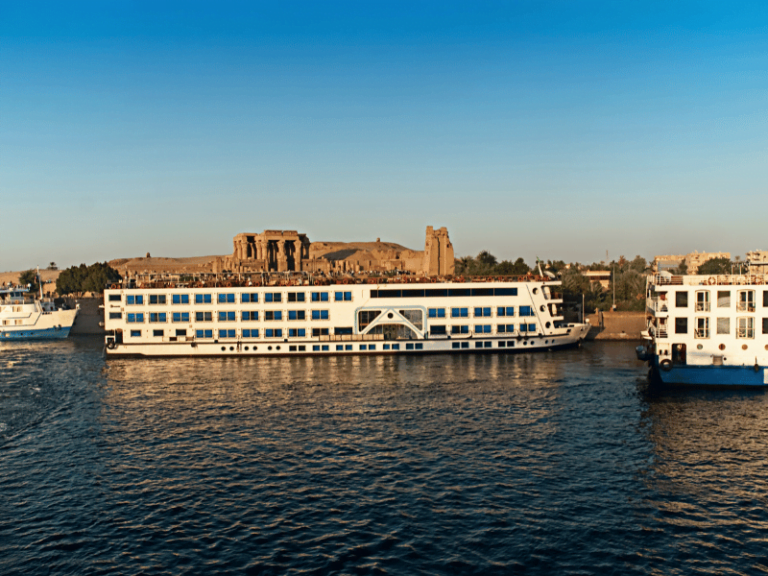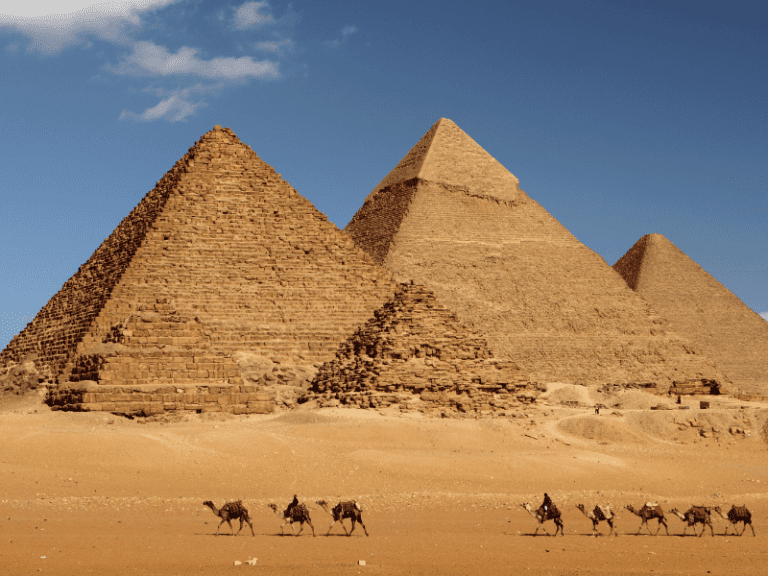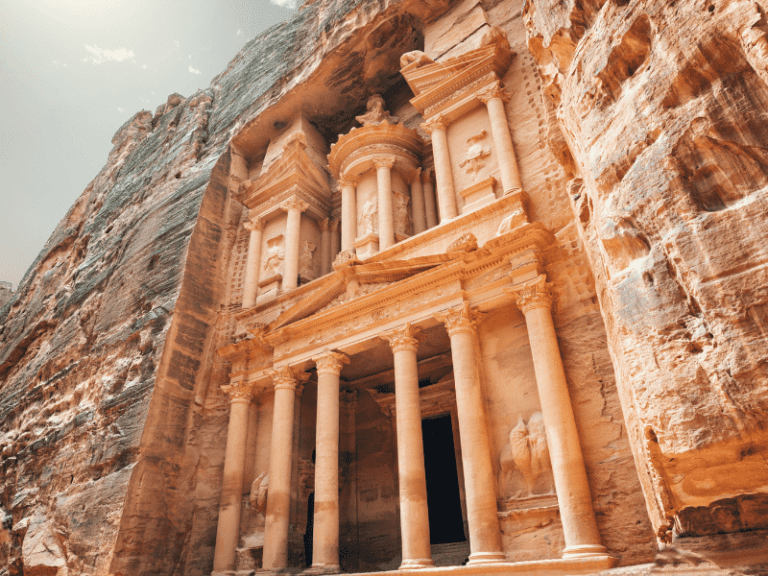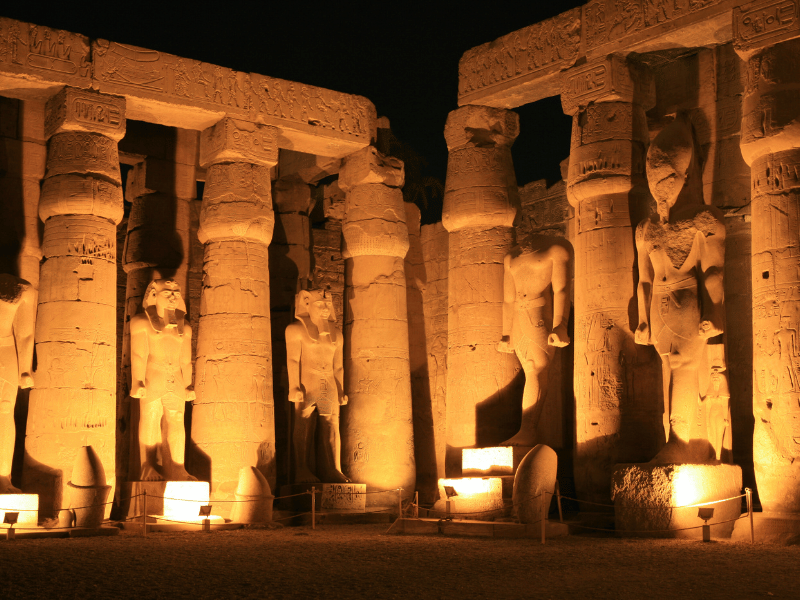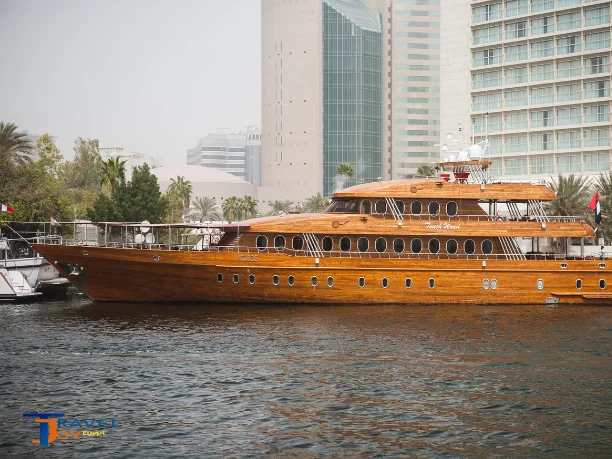Egyptian music and dance are an essential part of the country’s rich cultural heritage, offering visitors an immersive experience that reflects the history and soul of Egypt. From ancient rhythms to modern beats, music and dance have played a central role in the lives of Egyptians for centuries. Whether you’re on a tour package exploring Egypt’s timeless monuments or enjoying the vibrant street life, experiencing local music and dance offers a deeper understanding of the Egyptian way of life.
The Ancient Roots of Egyptian Music
Egyptian music has ancient origins that date back thousands of years. In fact, the earliest forms of Egyptian music can be traced to the times of the pharaohs. The sounds of flutes, harps, and drums filled the air during religious ceremonies, royal events, and festivals. The influence of these ancient musical traditions can still be seen in contemporary Egyptian music. Some notable ancient contributions include:
- The use of stringed instruments like the harp and lyre
- Percussion instruments such as the tambourine and drum
- Choral music and vocal harmonies during religious ceremonies
Today, you can still experience echoes of this ancient music at many historical sites, where local musicians play traditional instruments for visitors, helping bring Egypt’s past to life.
Traditional Egyptian Dance: A Blend of Grace and Rhythm
Egyptian dance is a powerful expression of cultural storytelling, deeply connected to the country’s traditions and history. One of the most famous dance forms is belly dance, which has evolved over centuries but remains a significant part of Egyptian culture. Belly dancing is often performed at weddings, festivals, and social gatherings. Key elements of Egyptian dance include:
- Fluid hip movements and intricate footwork
- Expressive body movements that reflect the emotions and story behind the dance
- The use of props such as veils and swords during performances
For travelers exploring Egypt through a well-planned tour package, attending a traditional dance performance is an unforgettable cultural experience. Belly dancing performances, often accompanied by live music, showcase the country’s passion for rhythm and movement.
The Role of Music in Egyptian Festivals
Egyptian festivals are lively, colorful events that blend music, dance, and local traditions. These festivals celebrate important religious occasions, cultural events, and historical milestones. Music and dance play a central role in these celebrations, creating an energetic atmosphere for locals and visitors alike. Popular Egyptian festivals include:
- Ramadan Celebrations: A month-long festival featuring music, family gatherings, and dancing in the streets.
- Moulid El-Nabi: A celebration of the Prophet Muhammad’s birthday, with music and dance performances.
- Cairo Opera Festival: A festival showcasing classical music and ballet performances.
Attending one of these festivals during your visit to Egypt can give you a deep appreciation for the role music and dance play in uniting people through shared cultural experiences.
Modern Egyptian Music: A Fusion of Traditional and Global Sounds
While Egyptian music is rooted in tradition, it has also evolved and absorbed influences from around the world. Today’s Egyptian music scene is a mix of traditional instruments and modern production, blending Arabic, Western, and African musical styles. Famous modern Egyptian artists include:
- Amr Diab: A renowned pop singer who has gained international fame with his mix of traditional Arabic music and modern sounds.
- Mohamed Mounir: Known for his fusion of folk music with contemporary rhythms.
- Sherine Abdel-Wahab: A popular singer whose music blends Arabic pop with classical Egyptian influences.
For tourists, modern Egyptian music offers a fresh way to experience the culture, whether through live concerts, radio stations, or even local cafes where you can enjoy the latest hits.
Exploring Egyptian Music and Dance on Your Tour
When you book a customized tour package with Travel Joy Egypt, you get the opportunity to dive into the rich world of Egyptian music and dance. These cultural experiences can be included in your travel itinerary to enhance your journey. Some recommended experiences include:
- Cultural Nights in Cairo: Enjoy traditional music and dance performances during dinner cruises along the Nile.
- Local Folklore Performances: Attend live performances in local theaters or outdoor venues to experience folk music and dance.
- Music Workshops: Some tours offer workshops where you can learn about traditional instruments like the oud or tabla and even try your hand at playing them.
By including music and dance in your travel itinerary, you gain a deeper connection to Egypt’s cultural fabric, enhancing your overall experience.
Conclusion
Egyptian music and dance are integral to the country’s identity, offering visitors a glimpse into its rich traditions and vibrant culture. From ancient rhythms to modern fusion, the sounds and movements of Egypt continue to captivate audiences worldwide. Whether you’re exploring the country’s historical sites or enjoying local festivals, music and dance are the heartbeats of Egypt’s cultural landscape. With Travel Joy Egypt’s expertly curated tour packages, you can experience these timeless traditions firsthand, making your journey through Egypt truly unforgettable.






